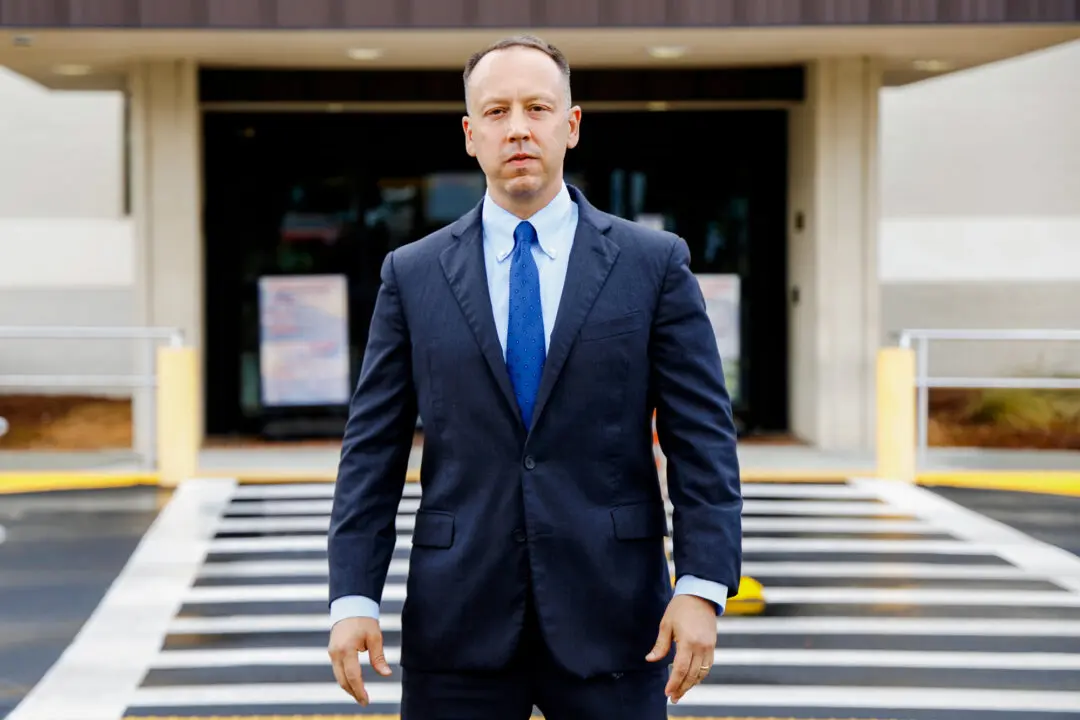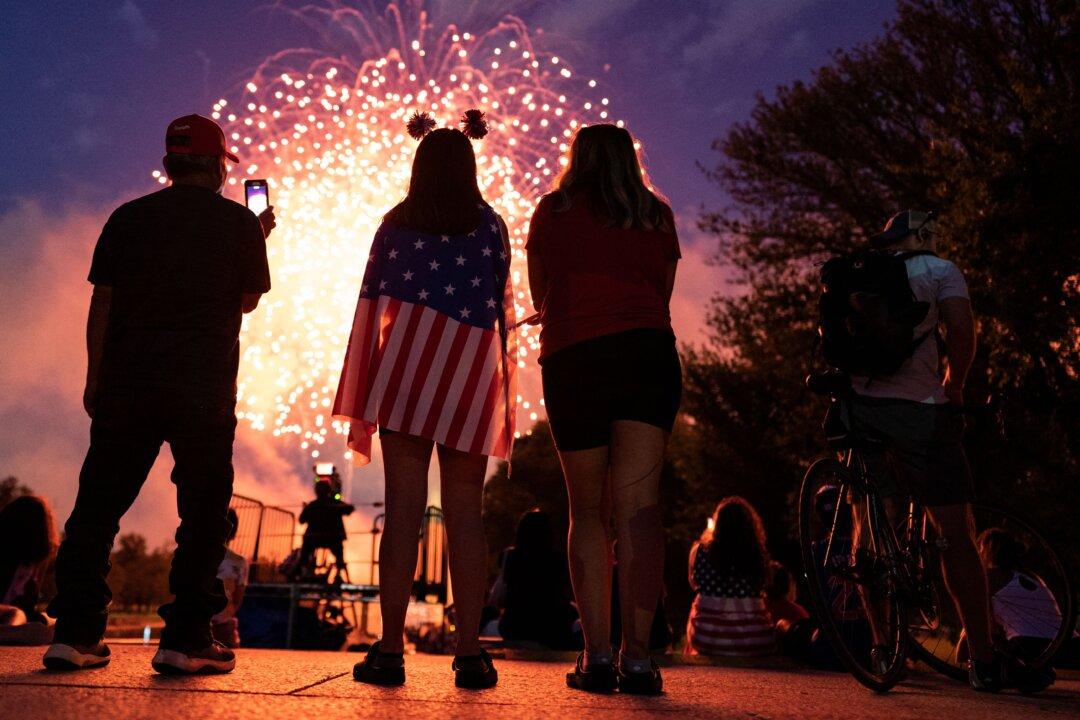A legal battle over required vaccinations against the CCP (Chinese Communist Party) virus, commonly known as the novel coronavirus, has escalated again between a Florida city and workers opposed to taking the shot.
And that has the attention of dozens of attorneys across the country, who hope to use the case as a strategic model in representing employees of private companies and municipalities facing vaccinate-or-terminate policies.





